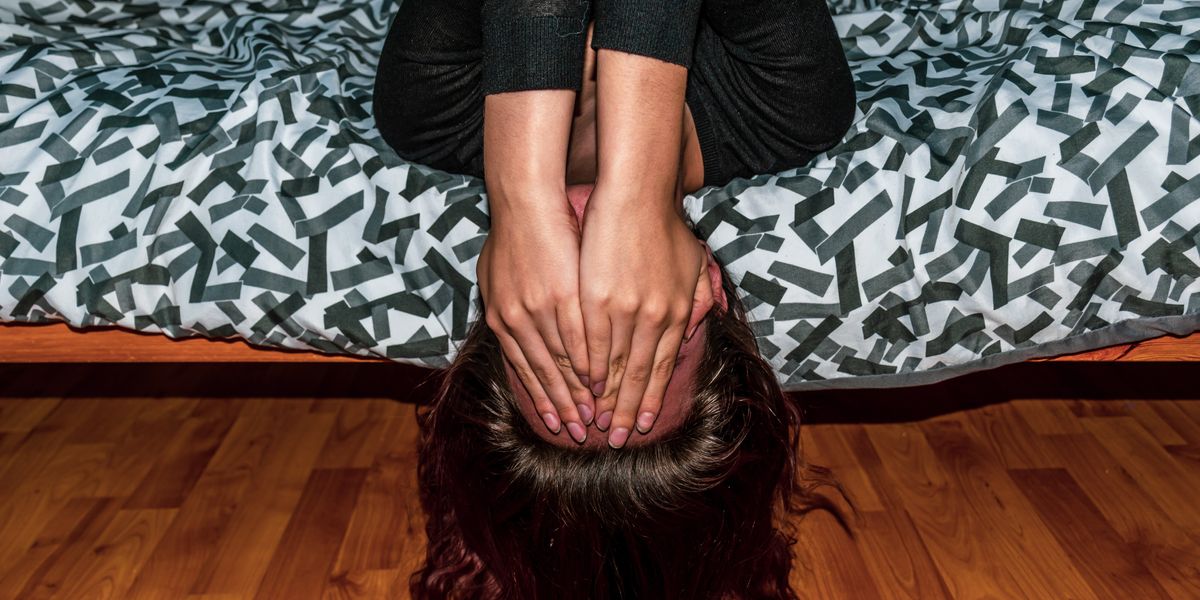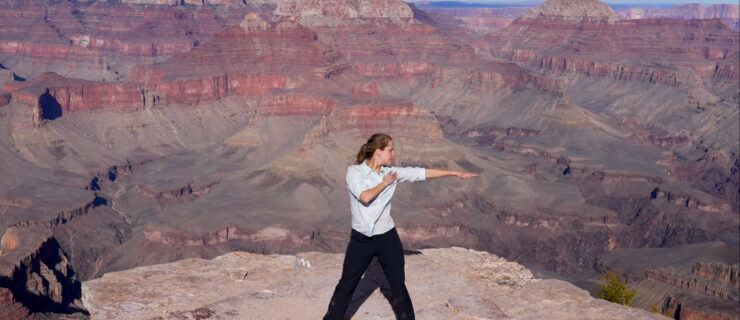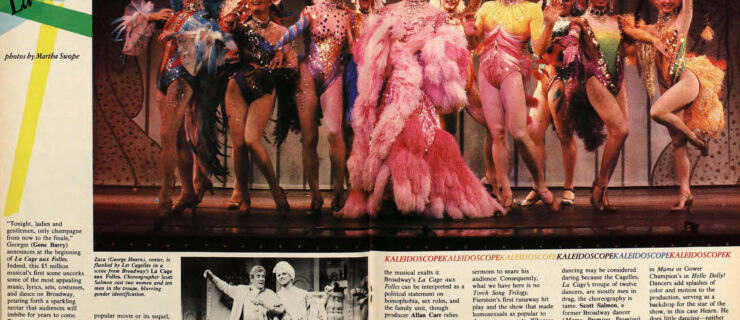Stop Asking When I’m Going to Get a “Real” Job
“Our daughter was a dancer! Until she decided to get a real job. Oh…not that your job isn’t a real job, of course.” I was at a wedding when one of the groom’s relatives said this to me. “That was so rude,” remarked a friend after the woman left. “I can’t believe she said that to you.”
I shrugged. I’m used to it. People imply that dance isn’t a real job all the time—especially when they find out that my income comes from a mixture of dance, freelance writing and personal training. Juggling multiple jobs is the norm for most artists, but to many nonartists, it’s confusing. And while some people might find my dance career more legitimate if I had a full-time job with a company, I know that many would still see it as a “fun” thing I’d grow out of eventually.
I’m fortunate that my immediate family never questioned my decision to pursue dance. That probably helped me withstand the criticism I got elsewhere. Once, when I was visiting home for the holidays during college, I ran into a high school teacher of mine. He asked me what I was studying, and I told him I was double-majoring in dance and English. “Really, dance?” he asked. “You haven’t given that up yet?” In college, I got tired of introducing myself as a dance major to nondancers and hearing comments like “Oh, I wish I could have a fun major like that!” or “You can major in dance?” “I thought dance classes were just for P.E.,” said my first-year academic advisor.
When it came time for graduation, some peers suggested I didn’t deserve to graduate with honors because so many of my courses were “easy” dance classes. People constantly asked me if I would go to grad school, and they weren’t referring to MFA programs. “I always thought you’d become a doctor,” said one family friend. “Why?” I asked. “Because you’re smart.”
I’ve been working professionally for nearly seven years now. If there’s a point at which people stop asking “Are you still dancing?” I haven’t made it there yet.
I used to skirt these awkward conversations by introducing myself as a choreographer. While I do other freelance dance work, my own choreography is my first priority. To some, choreographer is a more impressive job title. It implies that you’re the boss. That your ideas are valuable. But there is no choreography without dancers, and I don’t want to contribute to the undervaluation of dance as a skill. I am, and will always be, a dancer first. So that’s how I introduce myself now.
I don’t spend much time trying to justify my profession to people who make it clear they aren’t interested in hearing what I have to say—except maybe to tell them that I started dancing when I was 3 years old. I don’t even remember my life before dance, so, no, I can’t imagine a life without it.
I also find that responding to a question with another question can be the most effective way to show someone that they’re being rude. When I ask, “Why don’t you think dance is a real job?” or “Why don’t you think dancers deserve to be paid for their work?” most people don’t have a good answer.
When they are willing to listen, my favored approach these days is brutal honesty. I talk about how long it really takes to make a dance, and how many steps go into bringing it to the stage. I talk warming up before a show, and the body care that’s required afterward so you can wake up and do it all again. How hard it is to balance that with other work.
The main reason people don’t see dance as a real job is because dancers don’t make much money; we don’t make much money because people don’t value our work. It’s a real capitalist catch-22. This is especially true here in the U.S., where we rely so heavily on private funding for the arts. Nearly 60 percent of that funding goes to just 2 percent of arts organizations, and those big institutions aren’t commissioning a lot of early-career artists like me.
So again, I turn the question around: “Do you think that art should exist in our society?” “Yes.” “Then what have you done recently to support an artist?”




